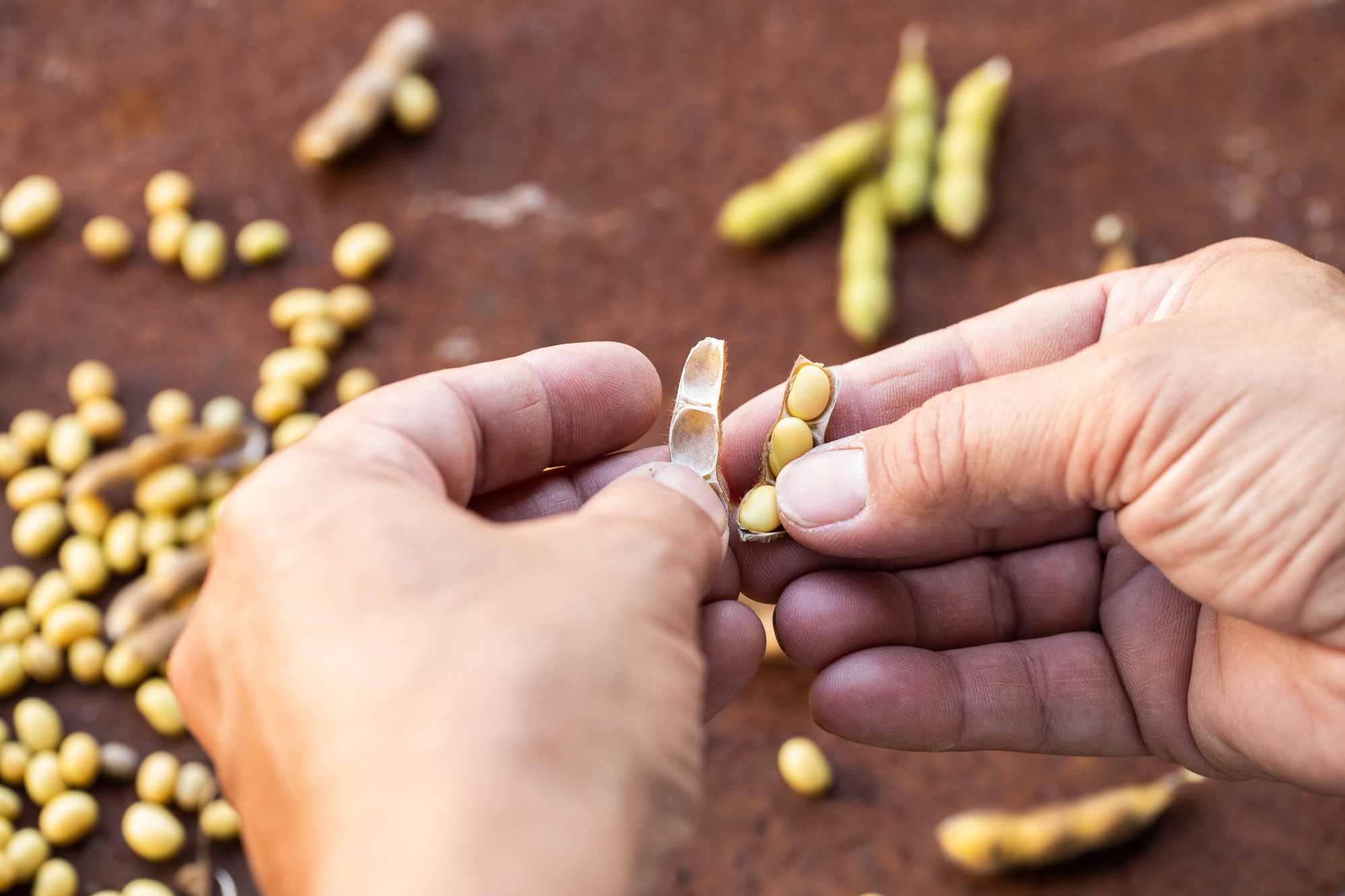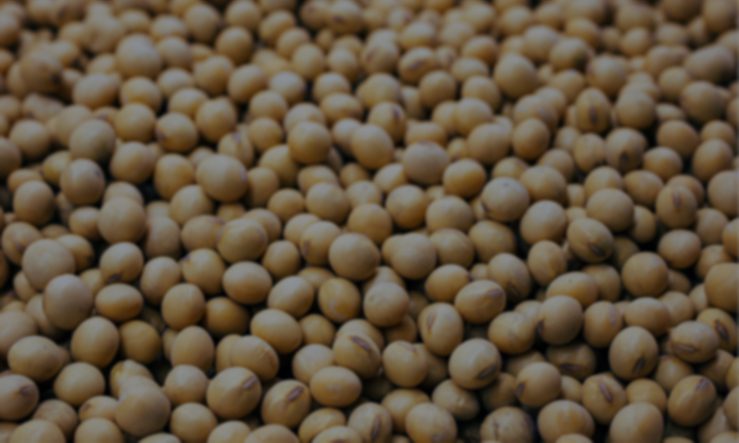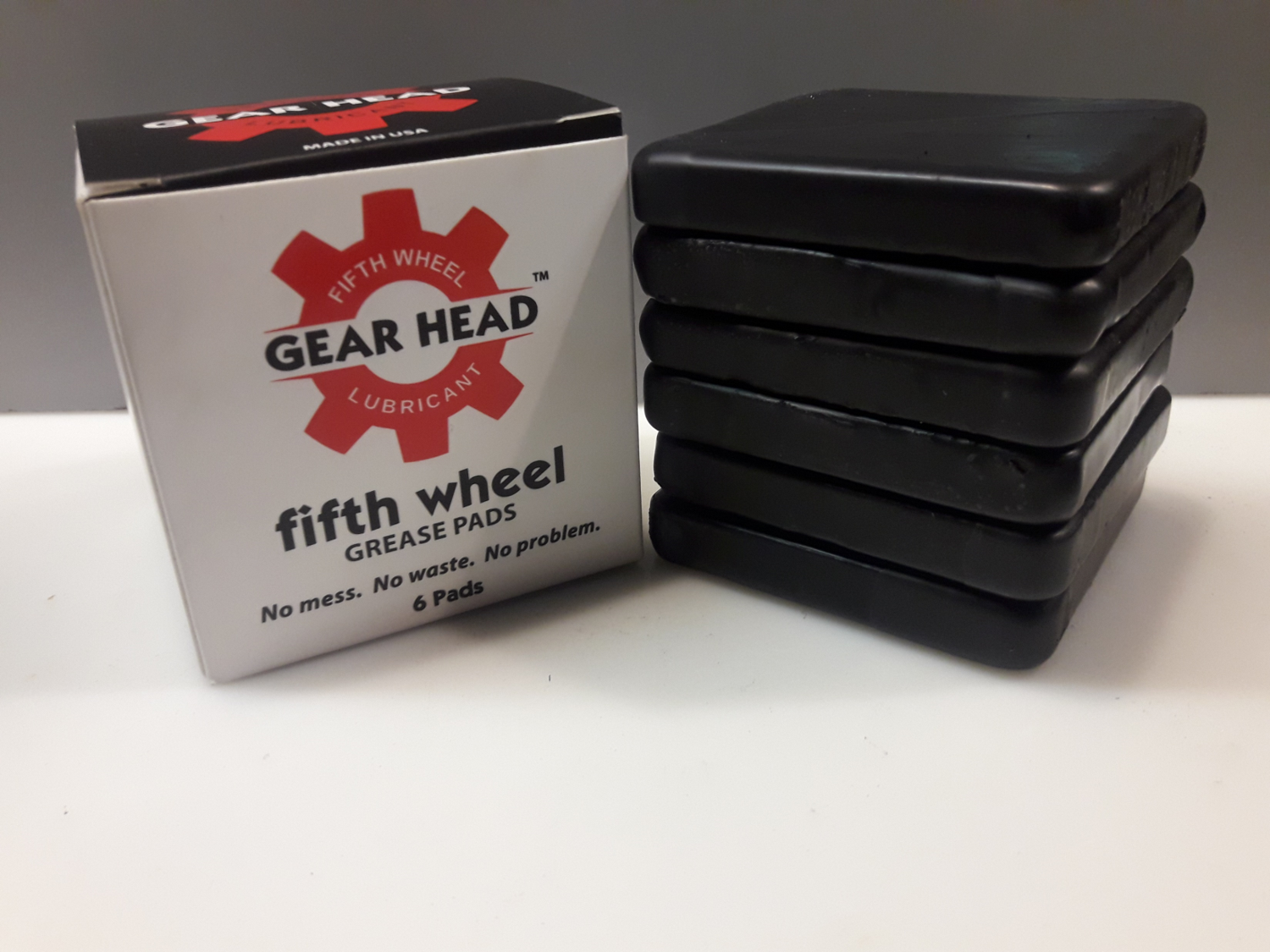Soy Innovative: Airable Products, Projects and Partners

Aira ble Research Lab (Airable) was founded November 2019 and has since been focused on developing new products that use soy-based feedstocks to meet industrial and consumer market demands. The lab is funded by the Ohio Soybean Council and several other qualified state soybean checkoff boards.
“One of the benefits of having a soy-focused R&D lab is that soybean checkoff dollars are invested in soy-based research and development efficiently and effectively,” said Barry McGraw, Airable chief laboratory officer. “If a technology isn’t working, we can kill that project quickly and move on to the next idea.”
Airable works with known and respected companies, such as Stanley Black & Decker and LFS Chemistry, to create biobased products that not only meet growing market demand for sustainable manufacturing but also increase the demand for soybeans.
Read on for current Airable products, project and success stories.
Scale Inhibitors
Airable developed a soy-based scale-inhibiting additive that prevents the build-up of calcium scale in water systems. The project targets the oil industry, which has a significant need for scale inhibitors. When oil wells begin pumping, minerals in the reservoir water are precipitated and deposited in the system, creating “scale.” Over time, these deposits grow and harden, preventing fluid from flowing through pipelines, valves, pumps and other machinery. The result is slowed production — and, if the buildup is left unaddressed, damaged equipment. Scale inhibitors are chemicals that prevent or slow the precipitation of scales. There are ongoing efforts to develop “greener” processes for inhibition.
Airable responded to this industry need, working with a partner that specializes in sustainable products for the oil and gas industry. The researchers began with a proof-of-principle project, modified the most promising formulation to match the partner’s preferred characteristics, and scaled up the final formulation. The result is a scale inhibitor with roughly 58 percent soy content and 60-80 percent inhibition efficiency.
The lab has licensed this technology to the commercial partner and filed for a provisional patent.
High-Temperature Waxes
Airable synthesized a soy-based wax that can replace carnauba wax in formulations. Carnauba has useful properties that make it popular across multiple industries: a high melting point, UV ray protection, water resistance and extreme density. However, this material is sourced from the carnauba palm tree, which grows only in Brazil, presenting supply chain challenges, as well as a history of environmental and social implications within Brazil. Furthermore, the very density that makes the raw material attractive also necessitates that synthetic chemicals (usually petroleum-based) be added to form a wax paste that can be easily applied.
With these challenges in mind, the Airable team produced a biobased, locally and ethically sourced wax to replace carnauba wax. The Airable product is hard, durable and water-repellent. It can be used for home DIY products and industrial applications.

Concrete Shrinkage Reducers
Concrete has been an essential in construction since 300 BC, when the ancient Romans used it to build their architectural marvels. For just as long, concrete shrinkage, which causes the cracks you see in cement structures, has presented a challenge. Only in the last couple of decades have concrete suppliers turned to shrinkage-reducing additives (SRAs) to minimize shrinking and the associated damage. With this relatively new component entering the massive global concrete market (over $700 billion in 2020), Airable recognized an opportunity: a soy-based SRA for concrete applications. Airable researcher Alex Shand has been working on an SRA using soy fatty acid derivatives. He added the mixture to a concrete sample and is comparing the results to a second sample that contains a commercial (non-soy-based) SRA. So far, the results are promising.

Carbonated Soy
Airable is cooking up carbonated soybased products. Carbonates are used to produce polyurethane, which has a slew of applications — foams, fibers, coatings, etc. However, traditional carbonates rely on starting materials, like isocyanate reactants, that are extremely reactive, powerful irritants that can cause marked inflammation. Workers in industrial settings have experienced health issues ranging from cold-like symptoms to severe asthma. In addition to being toxic, isocyanates react with water to form carbon dioxide, contributing to the greenhouse effect.
Airable’s carbonated soy product has 78 percent bio-renewable content. Better yet, the soy-based materials actually transform CO2 into a useful feedstock — a biobased cyclic carbonate that can be used in non-isocyanate polyurethanes. The soy-based carbonates provide an excellent option for manufacturers looking for sustainable feedstocks.
Sofia’s Soy Cleaner

Sofia’s Soy Cleaner is a 50 percent soy methyl ester concentrate that, when mixed with water, produces an all-purpose household cleaner. Not only is the product biobased, it is sold in recyclable and refillable bottles. With marketing funds from the Ohio Soybean Council, the soy cleaner brand focuses on soybeans and soybean farmers. All the way down to the design and packaging, this product is eco-friendly and soycentered. Manufactured in Akron, Ohio, this product helps expand soybean markets and drive soy-based innovation. Check it out at sofiassoycleaners.com.
“Airable really is a one-of-a-kind lab and something the Council takes a lot of pride in,” said Jerry Bambauer, OSC Research Committee chair and Auglaize County soybean farmer. “We are increasing farmer profitability by exploring new markets and driving demand for soybeans and soybean oil.”
For more information about technologies developed and supported by Airable, visit AirableResearchLab.com.

